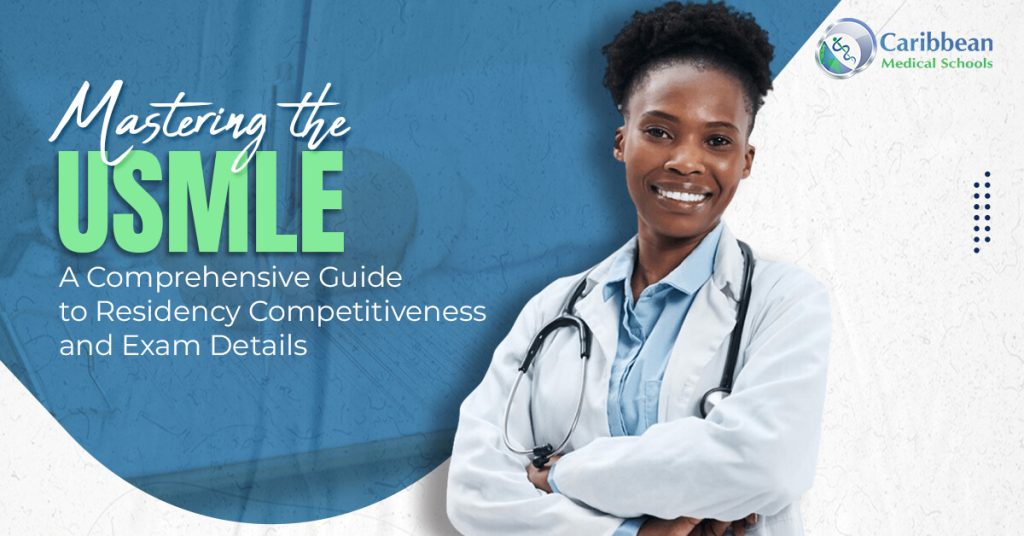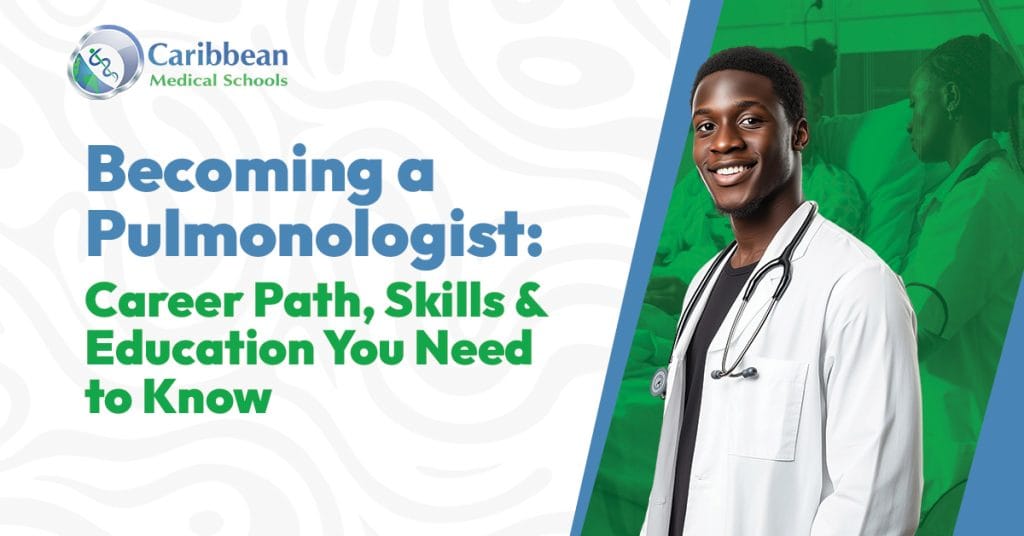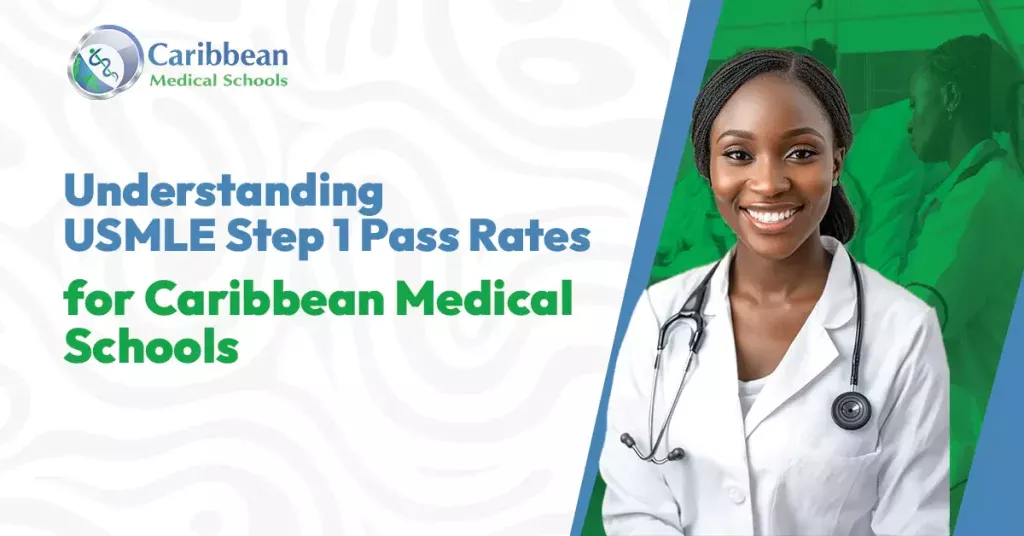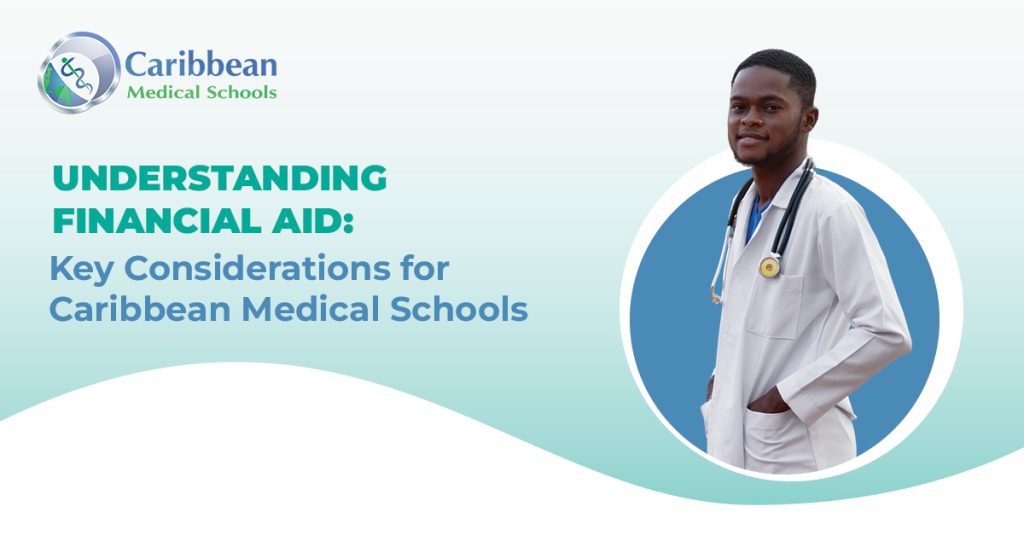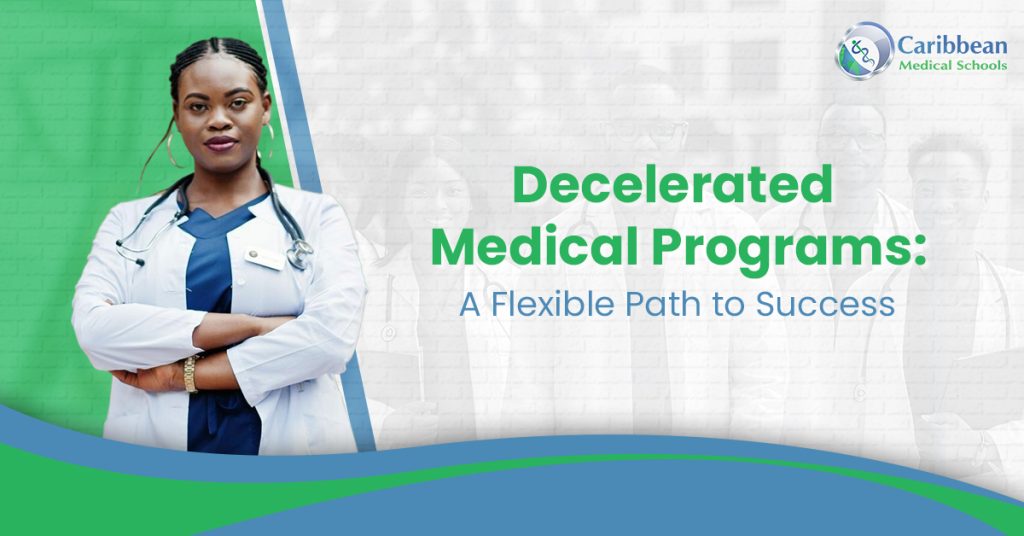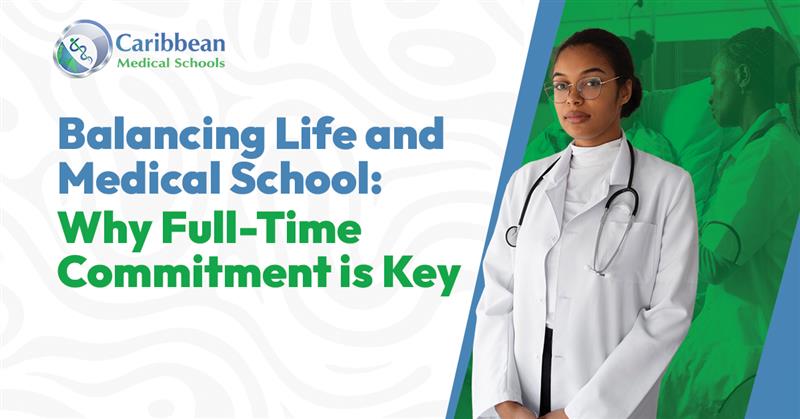Blog Summary
Embarking on your medical journey? ‘Mastering the USMLE’ is your ultimate guide to conquering the Residency Match process and excelling in the USMLE exams. This comprehensive resource equips you with expert tips and insights, empowering you to navigate through the complexities of the Residency application, interview process, and beyond. Uncover the exam details, study strategies, and essential resources that will optimize your preparation, boost confidence, and elevate your competitiveness. Whether you’re a medical student or an aspiring resident, this indispensable guide paves the way for a successful medical career.
- Understanding the Importance of the USMLE for Residency Competitiveness
- Overview of the USMLE Exam Structure and Components
- To know more about USMLE Exam Steps
- Matching into Competitive Residencies
- Strategies for Maximizing Your USMLE Scores
- Resources and Study Materials for USMLE Preparation
- How to Create a Study Plan for the USMLE
- Tips for Managing Stress During USMLE Preparation
- Understanding the Residency Application Process
- Choosing the Right Residency Programs Based on Competitiveness
- Conclusion and Final Tips for Success on the USMLE
- FAQs
As a medical student, one of the most crucial milestones in your journey toward becoming a licensed Doctor is the United States Medical Licensing Examination (USMLE). This comprehensive three-step exam series significantly determines your competitiveness for residency programs in the United States. Residency preparation can be daunting, but understanding the USMLE exam can help you better prepare for the journey. The USMLE is a crucial component of residency competitiveness, and it is vital to know the structure and features of the exam. By preparing effectively and utilizing valuable tips, you can increase your chances of success.
Understanding the Importance of the USMLE for Residency Competitiveness
The USMLE is a standardized assessment of a medical student’s knowledge and skills, providing residency program directors with a reliable measure of a candidate’s readiness for clinical practice. Scoring well on the USMLE demonstrates your proficiency in various medical disciplines. It enhances your chances of securing a highly competitive residency position. A high USMLE score is often an essential factor residency program directors consider during the selection process.
Overview of the USMLE Exam Structure and Components
The United States Medical Licensing Examination (USMLE) is a three-step exam series that assesses aspiring doctors’ medical knowledge and skills. The Federation of State Medical Boards (FSMB) and the National Board of Medical Examiners (NBME) administer the exam.
Step 1 focuses on the basic science knowledge acquired during the preclinical years of medical education. The test comprises a variety of multiple-choice questions (MCQs) that encompass a diverse array of subjects, such as anatomy, physiology, pharmacology, pathology, and microbiology. The usual practice is to commence with Step 1 after completing the second year of medical school.
Step 2 is divided into Clinical Knowledge (CK) and Clinical Skills (CS). Step 2 CK evaluates clinical knowledge and reasoning through MCQs. It covers internal medicine, surgery, pediatrics, obstetrics and gynecology, psychiatry, and preventive medicine. Step 2 CS assesses clinical and communication skills through standardized patient encounters. It involves interactions with simulated patients to demonstrate history-taking, physical examination, and communication skills. Step 2 is typically taken during the fourth year of medical school or the early residency years.
Step 3 is the final step and focuses on applying medical knowledge in the context of patient care. It consists of MCQs and computer-based case simulations (CCS). Step 3 assesses the ability to diagnose and manage patients, interpret diagnostic studies, and make treatment decisions. It is usually taken during residency training.
Each step of the USMLE is administered as a separate examination and requires registration and payment of fees. The scores obtained in these exams are vital to the residency application. Program directors often use them to evaluate candidates.
The USMLE is a comprehensive examination series designed to ensure that physicians in the United States meet the necessary medical knowledge and skills standards.
USMLE Step 1: Exam Details and Preparation Tips
To demonstrate their understanding of basic medical sciences and their capacity to apply them in practical clinical contexts, aspiring medical professionals are required to sit for the USMLE Step 1 examination. The exam consists of multiple-choice questions covering anatomy, physiology, biochemistry, pharmacology, and pathology.
To prepare effectively for Step 1, start early and create a study schedule. Review your coursework thoroughly and consider using comprehensive review books like First Aid for the USMLE Step 1. Practice questions are essential, so utilize question banks like UWorld and NBME Self-Assessments to gauge your progress.
Focus on high-yield topics but pay attention to the low-yield ones. Keep track of your strengths and weaknesses and allocate study time accordingly.
Step 1 is just one part of your medical journey.
USMLE Step 2 CK: Exam Details and Preparation Tips
Step 2 CK focuses on assessing your clinical knowledge and skills. The exam comprises various multiple-choice questions encompassing a diverse array of clinical scenarios and disciplines such as internal medicine, pediatrics, surgery, obstetrics and gynecology, psychiatry, and other fields. To excel in Step 2 CK, develop a solid foundation in clinical medicine and practice applying your knowledge to patient cases. Utilize study resources that simulate real-world clinical scenarios, such as online question banks and practice exams.
USMLE Step 2 CS: Exam Details and Preparation Tips
Unlike the other USMLE steps, Step 2 CS is a practical exam that evaluates your ability to communicate and interact with patients effectively. It consists of 12 standardized patient encounters, where you will be assessed on your history-taking, physical examination, and communication skills. To succeed in Step 2 CS, practice with standardized patient encounters and seek feedback from experienced clinicians. Focus on developing excellent communication skills, including active listening, empathy, and clear patient education.
USMLE Step 3: Exam Details and Preparation Tips
Step 3 is the final step of the USMLE and assesses your ability to apply medical knowledge and skills in patient care management. This exam includes multiple-choice questions and computer-based case simulations. To prepare for Step 3, ensure a solid foundation in clinical medicine and review critical topics across various specialties. Practice with sample cases to enhance your diagnostic and management skills. Additionally, familiarize yourself with the USMLE Step 3 Content Outline to identify areas that require extra attention.
Matching into Competitive Residencies
Matching into a residency program is highly competitive and requires careful planning and preparation. Research different residency programs and consider their competitiveness, location, and curriculum to find the best fit for your career goals. Seek guidance from mentors, attend career fairs, and network with residents and program directors to gain insights into the application process. Tailor your application materials, including your statement and letters of recommendation, to highlight your unique strengths and experiences.
Strategies for Maximizing Your USMLE Scores
To maximize your USMLE scores, it is essential to develop effective study strategies. Create a study plan that allows ample time for content review, practice questions, and self-assessment exams. Utilize high-quality study resources, such as review books, online question banks, and video lectures, to reinforce your knowledge and identify areas of weakness. Focus on understanding fundamental concepts rather than memorization. Regularly assess your progress through self-assessment exams to track your improvement and identify areas that require further attention.
Resources and Study Materials for USMLE Preparation
Preparing for the USMLE requires access to reliable study resources. Numerous resources are available, including review books, online question banks, video lectures, and interactive study platforms. Some popular resources for USMLE preparation include First Aid for the USMLE Step 1, UWorld, Kaplan, Boards&Beyond, Sketchy Medical, and Pathoma. Explore these resources and determine which ones align with your learning style and preferences.

How to Create a Study Plan for the USMLE
Creating an effective study plan is crucial for success in the USMLE. Start by assessing your strengths and weaknesses in each subject area. Allocate more study time to topics that require additional attention. Break down your study plan into daily and weekly goals, balancing content review and practice questions. Set aside dedicated study blocks and minimize distractions during these periods. Regularly evaluate your study plan and adjust as needed based on your progress.
Tips for Managing Stress During USMLE Preparation
Preparing for the USMLE can be an intense and stressful process. It is essential to prioritize self-care and manage stress effectively. It is important to take care of yourself by ensuring you’re getting enough exercise, eating wholesome foods, and getting adequate rest. Take breaks during your study sessions to relax and recharge, practice stress management techniques such as deep breathing, meditation, and mindfulness. Seek support from friends, family, or a mentor who can provide guidance and encouragement throughout your preparation journey.
Understanding the Residency Application Process
The residency application process can be complex and overwhelming. Familiarize yourself with the Electronic Residency Application Service (ERAS) and the National Resident Matching Program (NRMP). Ensure you meet all the application requirements, including your personal statement and transcripts. Submit your application materials early to increase your chances of securing interview invitations. Prepare thoroughly for residency interviews by researching the programs, practicing common interview questions, and developing thoughtful responses.
Choosing the Right Residency Programs Based on Competitiveness
When selecting residency programs, consider their competitiveness and how well they align with your career goals. Research program statistics include the average Step 1 and Step 2 scores of accepted applicants and the percentage of IMGs (International Medical Graduates) they receive. Evaluate the program’s curriculum, faculty, research, and professional growth opportunities. Consider location, patient population, and the program’s reputation. Ultimately, choose programs where you believe you will thrive and receive excellent training.
Conclusion and Final Tips for Success on the USMLE
Mastering the USMLE is a challenging but necessary step toward achieving your dream residency. Remember that success on the USMLE goes beyond mere memorization; it requires a deep understanding and application of medical knowledge and skills. Develop effective study strategies, utilize high-quality resources, and prioritize self-care throughout your preparation. Stay motivated, seek guidance when needed, and remain resilient in facing challenges. Dedication and hard work can maximize your USMLE scores and increase your chances of matching into competitive residencies. Good luck!

